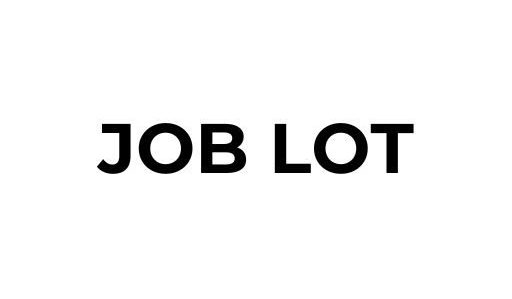- As pandemic aid ends, Santa Cruz County schools look to slash budgets
- We may be seeing ‘a lot of little snowstorms,’ but they’re still eating up Berkshire snow removal budgets | Local News
- 5 Key Signs Your Budget Is Too Restrictive — and How To Fix It
- Adams defends migrant response amid over budgeting report
- IDA Insight: Budgeting and Scheduling 101 with Robert Bahar
As 2025 kicks off, many are setting financial resolutions, hoping to save more, spend smarter, and secure long-term goals. Jordan Rederburg, Senior Investment Specialist at Weyburn Credit Union, shares key strategies to help people make sound financial decisions this year.
Rederburg points out that January is an ideal time to take a step back and evaluate your financial situation. “This is a great time of year to sit down and look at your finances, especially because it’s so cold outside, and no one wants to go anywhere,” he says. For those aiming to save more, Rederburg advises beginning with a clear savings goal and the discipline to stick to it. One helpful guideline is the 50-30-20 rule: 50% of income should go to necessities like housing, food, and insurance, 30% to discretionary spending such as hobbies or vacations, and 20% should be directed into savings.
Xem thêm : Could Trump’s Budgeting Approach Improve The U.S. Fiscal Outlook?
An essential element to meeting savings goals is setting up automatic transfers. Rederburg recommends using pre-authorized contributions that direct money into savings accounts every payday. “By paying yourself first, you avoid the temptation to spend that money,” he explains. This method ensures that saving becomes effortless, and over time, it leads to substantial financial growth.
While many people face multiple expenses, Rederburg encourages individuals to focus on their long-term goals to better prioritize their spending. He suggests thinking about your financial decisions through a framework he calls “FORD.” Focus on your family’s needs, such as saving for a house or children’s education, and review your occupation to ensure you’re taking full advantage of benefits like insurance plans and retirement contributions. Also, consider your recreational activities and ensure you are allocating funds for enjoyable hobbies while also setting aside money for dreams—whether that’s a special vacation or launching a personal business. He says that aligning your spending with what truly matters can make budgeting feel much more purposeful.
Rederburg recommends setting SMART goals—specific, measurable, attainable, realistic, and timely for anyone looking to track progress on their financial journey. “Once you’ve set your goals, make sure to check in regularly. Monthly might be too often, but quarterly check-ins are a good way to ensure you’re on track,” he advises. He also suggests regularly reviewing your pre-authorized contributions to assess if you could be saving more or if adjustments are needed.
Rederburg acknowledges that budgeting is a skill that improves over time and that life will inevitably throw unexpected challenges your way. Having an emergency fund—ideally three to six months’ worth of expenses—can be a lifesaver during those unpredictable moments. Without an emergency fund, you may find yourself dipping into retirement savings or taking on debt, which can complicate your financial goals.
Xem thêm : From AI agents to enterprise budgets, 20 VCs share their predictions on enterprise tech in 2025
For anyone who feels they need help with budgeting, Rederburg highlights resources that can make the process easier. Weyburn Credit Union offers an “Enrich” feature on its website, with calculators and financial tools, and another resource he recommends is GetSmarterAboutMoney.ca, a site with budgeting calculators and consumer-focused financial advice from the Ontario Securities Commission. “There are also lots of great Excel spreadsheets out there for budgeting, and we have a few at the Credit Union that we love to use,” he adds.
Ultimately, Rederburg emphasizes that financial planning doesn’t need to be overwhelming. “Take the first step, and take it easy on yourself. You don’t need to have everything figured out immediately,” he says. The key is to start, create a few simple safeguards—like automated savings and an emergency fund—and build from there. By following these strategies, 2025 can be the year you make lasting progress on your financial goals.
Nguồn: https://joblot.lol
Danh mục: News
